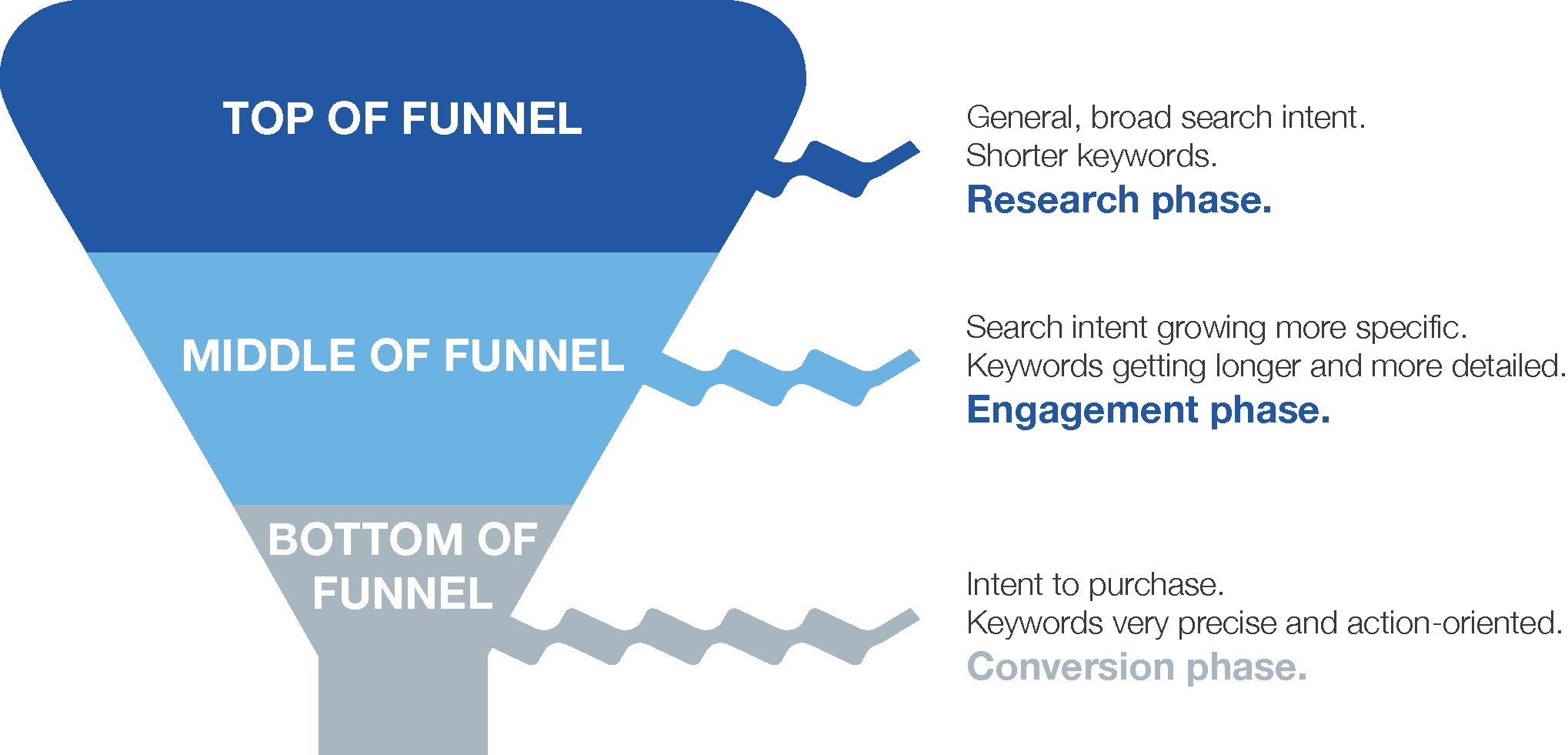So, you want to start link building to improve your website SEO? It is a great way to establish authority for your website, while also allowing you to gain more visibility online. So whether this is your introduction to link building, or you want to refine your strategy, this SEO link building guide will be your saviour as you navigate the intricacies of the process.
What Is Link Building?
You might have started reading this and thought to yourself: what exactly is link building?
Link building is simply the process of acquiring hyperlinks from other websites to use on your own. It is a critical part of search engine optimisation (SEO) as It helps increase a website’s visibility and ranking in search engine results pages (SERPs). White-hat link building techniques is the ideal approach of truly educating users while linking to other, relevant content on the Web, rather than creating spammy content.
These links act as endorsements or votes of confidence, signalling to search engines that your content is valuable and trustworthy. Effective link building best practices can lead to higher rankings in search engine results pages (SERPs), driving more organic traffic to a website. However, it requires a focus on creating high-quality, relevant content that others naturally want to link to, rather than just accumulating links.
Why Is Link Building Important?
Firstly, links are one of the primary ways that search engine algorithms determine the ranking of a webpage. When your website receives links from other reputable and relevant sites, it is seen as a vote of confidence. This boosts your site’s perceived authority and credibility, which are critical factors in search engine rankings. High-quality links from authoritative sites can significantly improve your visibility in search engine results pages (SERPs), leading to increased organic traffic.
Link building is essential for increasing the reach and discovery of your website. Links from other sites create pathways for users and search engine crawlers to find your content. This is particularly important for new or lesser-known websites, as it helps in getting indexed by search engines and in reaching a wider audience.
Additionally, link building best practices can lead to improved brand awareness and reputation. When your content is linked by other websites, it exposes your brand to a broader audience, enhancing brand visibility and recognition.
What are the benefits of link building?
While some of the benefits of link building were mentioned in the section, in case you needed more specific reasons to invest your time in the process here are some more specific benefits:
- Improved Search Engine Rankings: One of the primary benefits of link building is improved rankings in search engine results pages (SERPs). Search engines, like Google, view backlinks positively. High-quality, relevant links from authoritative sites signal that your content is valuable, thereby improving your site’s rankings.
- Establishing Authority and Credibility: Gaining links from reputable websites in your industry can position your brand favourably. This credibility can lead to more trust from users and other businesses, potentially resulting in more sales or partnerships.
- Better Indexing in Search Engines: Backlinks help search engine bots discover and index your content more efficiently. This is especially important for new websites or pages, as it helps them get noticed by search engines sooner.
- Networking and Relationship Building: The process of link building often involves reaching out and connecting with other webmasters, bloggers, and industry leaders. This networking can lead to valuable long-term relationships.
- Diversification of Traffic Sources: A good link profile diversifies your traffic sources, reducing dependence on any single source and making your web traffic more resilient to changes in search engine algorithms.
How To Build Links
Enough with the ‘what’s’ and ‘why’s,’ now it’s time for the how. How do you go about building links for your written content? It’s a fairly simple process, but here is our SEO link building guide to make it that much easier.
- Create High-Quality, Valuable Content: Start with your foundation. Your content should be informative, engaging, and valuable to your audience. High-quality content naturally attracts links because it provides value that others want to share.
- Use Relevant and Authoritative Sources: When making claims or presenting data, link to relevant and authoritative sources. This not only adds credibility to your content but also encourages those sources to potentially link back to you in the future.
- Internal Linking: Link to other relevant articles or pages within your own website. This helps in improving the SEO of those pages and keeps users engaged and curious on what your brand has to offer.
- Reference and Quote Industry Experts: Mention and link to industry experts in your content. When you do this, you can reach out to them and let them know they’ve been referenced, which might lead to them sharing your content.
- Guest Blogging: Write guest posts for other relevant websites in your industry and include links to your content where allowed. This content usually has to be of a high quality, so ensure this comes first. This is a mutually beneficial way to gain exposure and links.
- Incorporate Multimedia: If you have relevant videos, infographics, or podcasts, link to them in your content. This enhances user engagement, website presentation and provides more avenues for link building.
- Link to Social Media Profiles: If relevant, include links to your social media profiles. This can increase your social media following and engagement.
- Resource Lists and Roundups: Get your excel spreadsheet ready! Create resource lists or roundup posts where you link to valuable resources or the best content in your industry. This can be a great way to offer value to your readers and get noticed by the sites you link to while giving you an accessible list of the best resources for your business.
- Reach Out for Backlink Opportunities: If you mention a product, service, or another blogger in your content, reach out to them and let them know. They might be willing to link back to your content in return.
Remember, the goal of link building within your content should always be to add value for your readers. Linking to irrelevant or low-quality sites can harm your credibility and SEO, and lead to distrust amongst your readers.
What is link building vs link earning?
Now that you know all about the ins and outs of link building, it’s important to get to know its opposite, link earning.
Link earning refers to the process of getting others to link to your website in their written content. It emphasises the creation of valuable, engaging content that organically attracts links from other websites. By providing insightful, useful, or entertaining content, a website can naturally encourage other sites to reference and link to it, thereby enhancing the brand’s authority and trustworthiness in the eyes of search engines and users alike. This method not only boosts SEO rankings but also helps in building a loyal, invested audience.
Link Building Best Practices to Try Today
Link building is a great way to exercise authority and credibility within your website content, as well as a way to build rapport with other websites in your industry. We hope this SEO link building guide has provided you with the stepping stones needed to dip into the world of link building.


